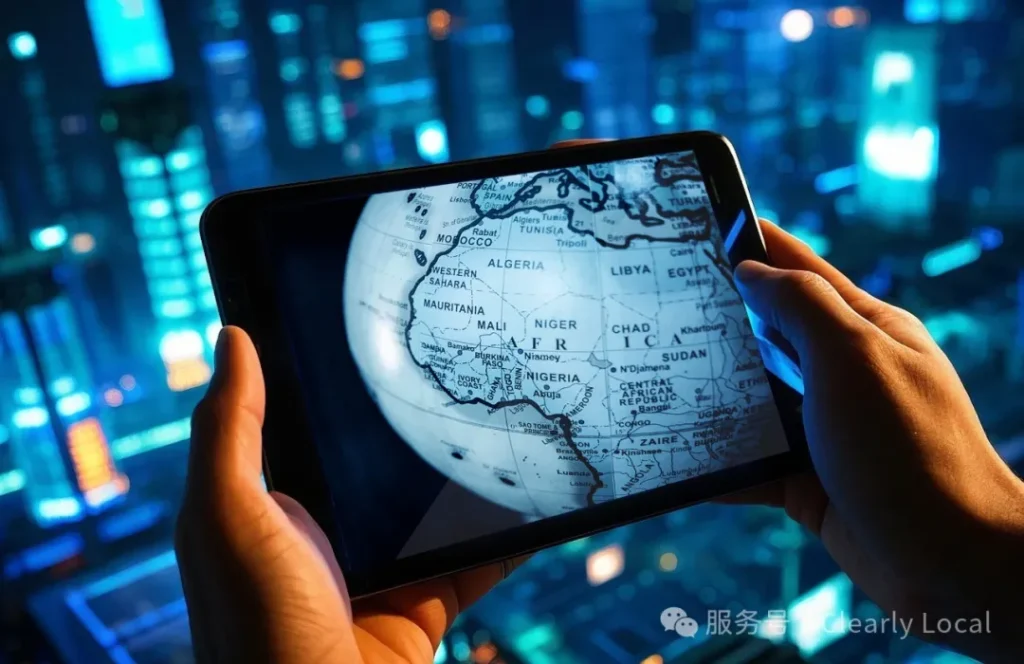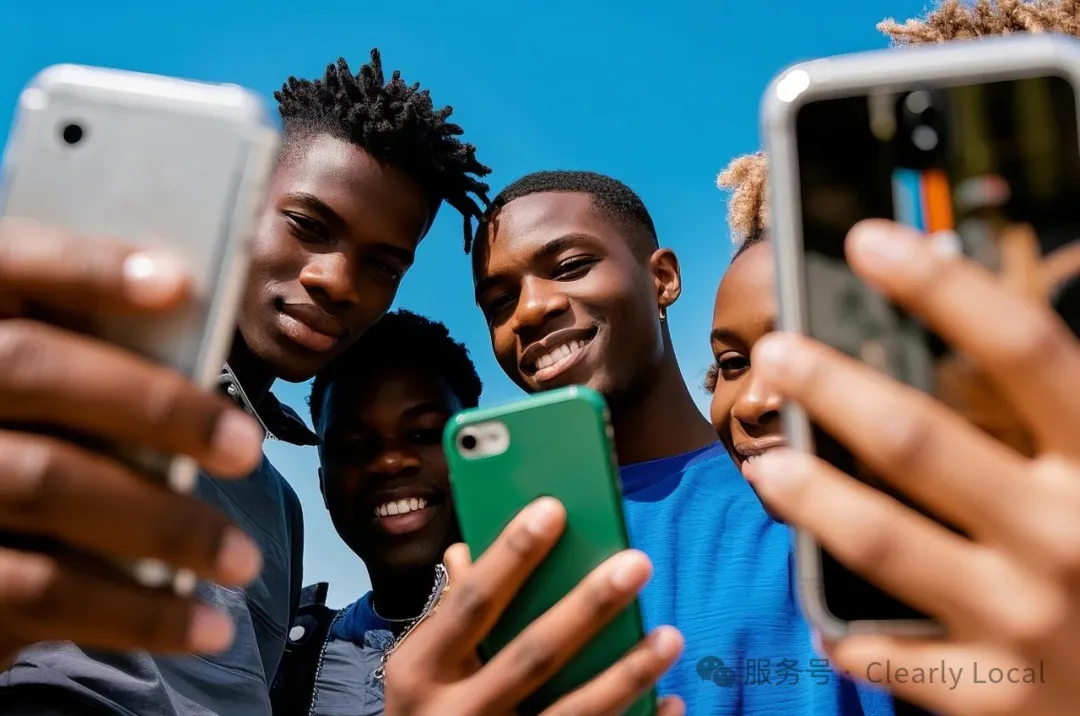The Land of Opportunity
By 2050, Africa is projected to make up a quarter to a third of the global population. This isn’t just a number—it’s a game-changing opportunity. Over a billion of these individuals will be under 35, creating a massive, tech-savvy consumer base ready to embrace innovative products and services.
Tech giants like Google and Meta are already racing to establish their presence in this booming market. But one company has already set a remarkable example: Transsion, a Chinese smartphone manufacturer. Before Transsion entered the scene, mobile phone usage in Africa was limited. Today, the company controls nearly 50% of the continent’s smartphone market. Their success lies in their deep understanding of African consumers—offering features like cameras optimized for darker skin tones, long-lasting batteries for frequent power outages, and AI-powered voice recognition for African languages.
The Challenge of African Localization
Entering the African market isn’t as simple as it seems. Africa is a continent of incredible diversity, with over 2,000 languages spoken across 54 countries. Treating it as a single, homogeneous market is a mistake.
For example, while many companies focus on widely spoken languages like English, French, or Swahili, these are often not the languages Africans use in their daily lives. Due to historical influences, the average African is multilingual, often preferring native languages for personal and technological interactions. To truly connect with African consumers, companies must go beyond surface-level translations and dive deep into local languages, cultures, and preferences.
Beyond language, companies must also navigate challenges like political instability and underdeveloped infrastructure. As of 2023, onlyabout 37% of Africa’s population has access to the internet, which can significantly impact operations. Imagine working in a remote area when the internet goes down—you need to adapt quickly and find workarounds.
This complex landscape demands a strategic, nuanced approach. Success in Africa requires partnering with experts who have extensive localization experience and a proven track record in the region.
Clearly Local’s Approach: Turning Challenges into Opportunities
At Clearly Local, we believe African localization requires innovation, adaptability, and a commitment to inclusivity. Our approach is designed to tackle the continent’s unique challenges, from rare languages like Gusii and Meru to infrastructural limitations. Here’s how we do it:

1. Building a Skilled Localization Team
Africa is home to avibrant ecosystem of vendors and linguists. For widely spoken languages, finding qualified professionals is relatively easy. However, sourcing skilled linguists for low-demand languages is far more challenging. These languages often lack translators with relevant experience, as many linguists in these communities primarily work on religious or medical translations rather than tech-related content.
To address this, we take a proactive approach: we identify passionate individuals with a deep connection to their native languages and invest in their training. Our programs cover everything fromclient background, project workflow, and localization basics to advanced technical skills, such as handling embedded code and using CAT (Computer-Assisted Translation) tools.
This commitment to training is central to our mission of enhancing language accessibility. Many of the languages we work with are being integrated into mobile technology for the first time, empowering older generations—who may not understand digitized mainstream languages—to access communication tools and essential information.

2. Implementing a Robust Resource Management Framework
Managing resources in Africa requires meticulous planning and adaptability. For example, in remote areas with unreliable internet, flexibility is key. Teams must be ready to adjust workflows and find creative solutions to stay productive.
Another challenge is the lack of written traditions for many African languages, which makes establishing standardized terminology difficult—especially for technical terms. Linguists often borrow words from more standard languages like Swahili or Yoruba, but there’s no consensus on how to adapt these terms. To ensure consistency, we implement a rigorous quality assurance process, includingglossary creation, multiple rounds of checks, feedback loops, and the use of reference materials.
This approach has proven highly effective. For instance, we helped a major smartphone manufacturer localize over 1 million words into four rare African languages—all without missing a single deadline.

3. Leveraging Technology for Seamless Localization
Technology is at the core of Clearly Local’s operations, and we employ a variety of advanced tools to enhance efficiency. However, a technical challenge exists: most CAT (Computer-Aided Translation) and TMS (Translation Management System) tools on the market don’t have built-in capabilities to handle translations for less common African languages.
Fortunately, we have a workaround. We use another language as a substitute for the unsupported language to aid the translation process. For example, if you have content in English that needs to be translated into Xhosa, an uncommon language, we may replace it with Zulu, which is somewhat similar to Xhosa, and use the features and settings for Zulu to guide and support our work. By using Zulu as a stand-in, the tools can still be useful for translating into Xhosa, even though they don’t support Xhosa directly.
We also remain acutely aware of the technical challenges our linguists face, such as slow or unreliable internet. We adapt our workflows to adjust to these realities, ensuring smooth collaboration and project delivery.
Why Inclusivity Matters
Ignoring smaller languages in favor of widely spoken ones is a missed opportunity. Even early missionaries understood the importance of native languages, translating the Bible into hundreds of African tongues—many of which form the basis of today’s linguistic datasets. Studies consistently show that people prefer content in their native languages, making inclusivity essential for maximum reach and engagement.

Ready to Engage with Your African Audience?
Localization in Africa is about more than translation—it’s about understanding and embracing the continent’s vibrant diversity. At Clearly Local, we’ve helped global tech giants expand their reach and engagement through tailored localization strategies that resonate with Africa’s diverse 3 trillion-dollar market.
Contact Clearly Local today for expert localization services in African languages. Let us help you turn Africa’s diversity into your greatest strength.




